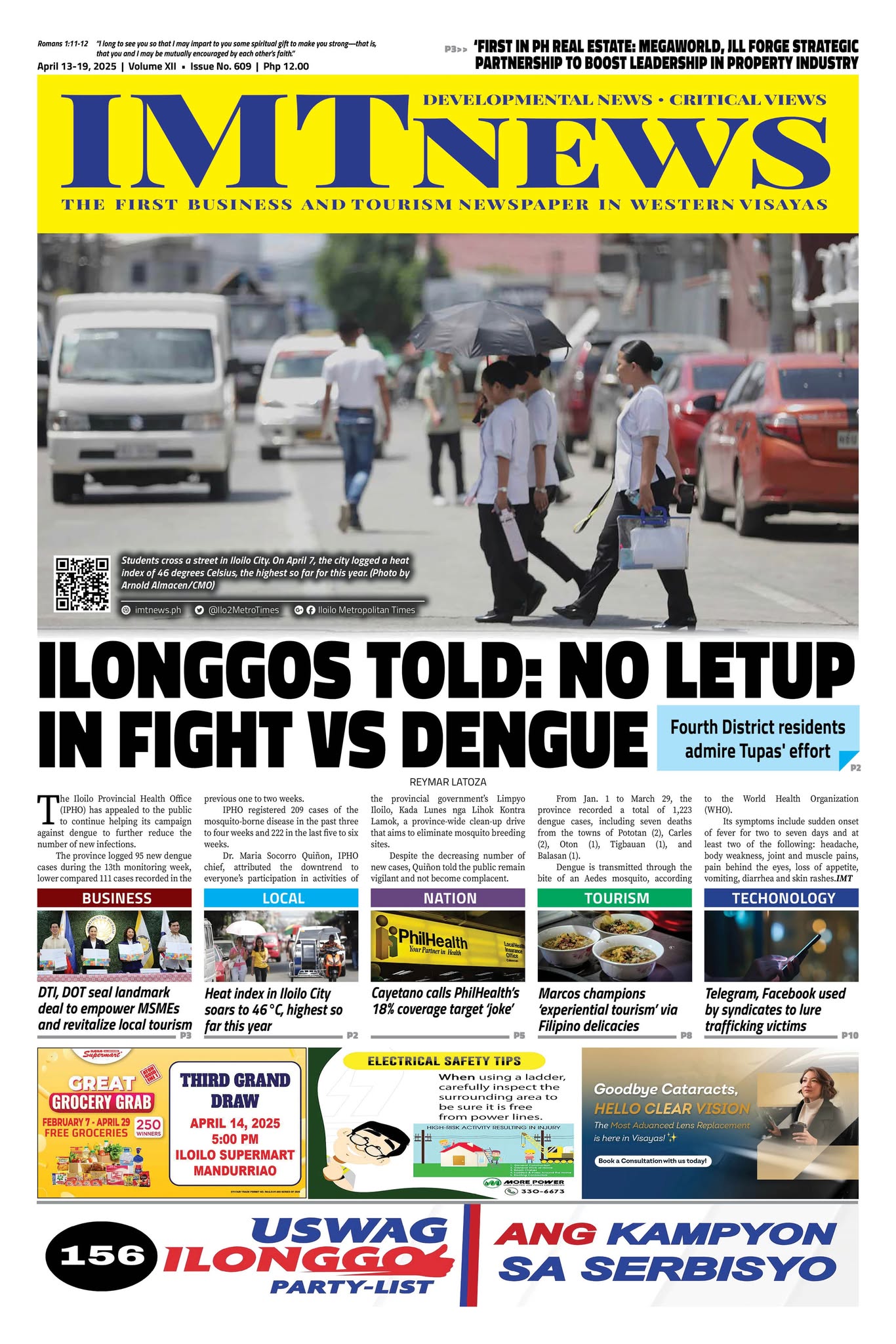Amidst the tumultuous passage from this life to the next, the subject of euthanasia arises as a moving discourse, intertwining intricate webs of moral, intellectual, and individual stories. Thinking about a peaceful death through euthanasia questions our core beliefs and forces us to face the limits of human rights and dignity in a society that is frequently fixated on the value of human life.
For many, the concept of euthanasia is intertwined with stark images of life and death, casting shadows over the sacred acts of living and dying. Yet, it beckons a question of choice, of whether individuals possess the ultimate autonomy over their own lives—to not only live with purpose but also to die with dignity. Proponents argue that euthanasia, or ‘mercy killing’ as it is sometimes known, offers a compassionate end to suffering, respecting the individual’s right to make profound personal decisions at the twilight of life.
Consider the theoretical underpinnings that frame euthanasia not as a breach of moral duty but as an extension of rights intrinsic to our very humanity. The libertarian viewpoint emphasizes that if an action benefits all involved and infringes on no one’s rights, it should be considered morally acceptable. This perspective posits euthanasia as a rational choice for those whose suffering is irremediable, arguing that it is a private decision that, when regulated, does not harm others.
Regulation, however, remains a contentious issue. Detractors worry about the slippery slope of misuse and the potential pressure on vulnerable individuals, fearing that societal values may shift to view the elderly or infirm as burdens rather than cherished individuals. Yet, just as laws are crafted to deter theft while recognizing that it will not eradicate the crime, regulations around euthanasia can be designed to safeguard against abuses while respecting individual autonomy strictly.
The moral debate often pivots to the question of whether death is inherently a negative outcome. Philosophers and theologians wrestle with this, some asserting that death may relieve suffering and hence could be considered a ‘good’ under certain circumstances. This perspective is crucial when considering the rights of those who are terminally ill, whose remaining life might be fraught with unbearable pain and diminished quality.
From a religious standpoint, the sanctity of life is non-negotiable, a divine gift whose termination is not within human jurisdiction. Yet, even within these communities, some voices acknowledge the complexity of end-of-life issues, advocating for compassionate consideration of each unique circumstance without blanket judgments.
In the practical sphere, the argument that euthanasia could free up medical resources currently allocated to those with no hope of recovery is a stark reminder of the harsh realities of healthcare allocation. While no one suggests that resources dictate the right to life, it does bring to light the need for conversations about ethical resource management in medicine.
At the heart of the euthanasia debate is Immanuel Kant’s philosophical doctrine of universalisability, which suggests that only principles that can be universally applied should be considered morally sound. Proponents of euthanasia argue that if everyone had the right to end their suffering, it would be a universal good, thus fulfilling Kant’s criterion.
Yet, this is not just about universal laws but personal stories, like my reflections with my daughters, Psyche and Parvane. I have expressed my wishes to them for a peaceful exit should my life reach a terminal stage marked by unendurable pain, a decision rooted in personal suffering and the desire to spare them prolonged grief and unnecessary financial burden.
Admittedly, this stance conflicts with the pro-life doctrines of many faiths, which hold life as an inviolable gift. However, it is anchored in a robust philosophical belief in individual rights and a profound respect for personal autonomy over one’s body and life decisions. It challenges us to consider the depth of compassion and understanding inherent in allowing a person control over their pain and the closure of their life’s narrative.
As we navigate this delicate terrain, we hope to foster dialogues that respect differing viewpoints while advocating for policies that protect the vulnerable. Such discussions should not aim to coerce consensus but to enrich our understanding of life’s final chapter.
Euthanasia remains one of society’s most polarizing topics, not because it deals with death but because it touches the core of our existential rights. It asks us not just to consider how we live but how we wish to die, making it not only a legal or medical issue but a deeply personal one.
Let us tread gently, speak compassionately, and judge sparingly in this discourse. The lives we discuss are not abstract concepts but stories of genuine human struggle, deserving of our most profound empathy and thoughtful consideration. In the end, the conversation about euthanasia is not just about choosing death over life; it’s about the values we uphold in allowing individuals the autonomy to write their final chapters with dignity and peace.
***
Doc H fondly describes himself as a ‘student of and for life’ who, like many others, aspires to a life-giving and why-driven world that is grounded in social justice and the pursuit of happiness. His views herewith do not necessarily reflect those of the institutions he is employed or connected with.








